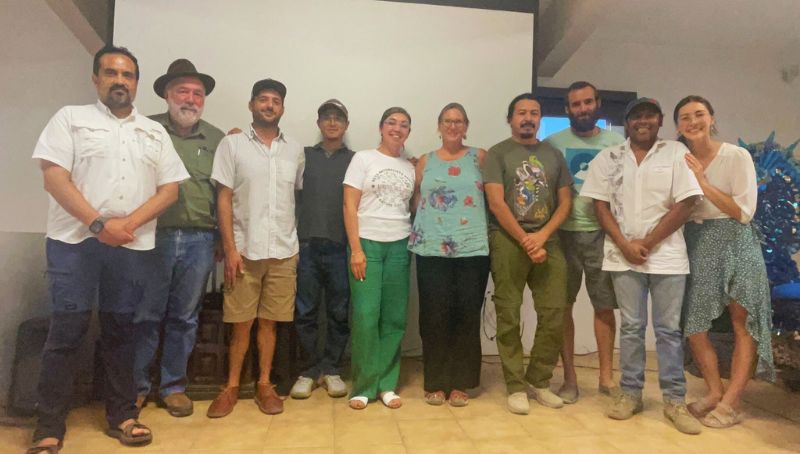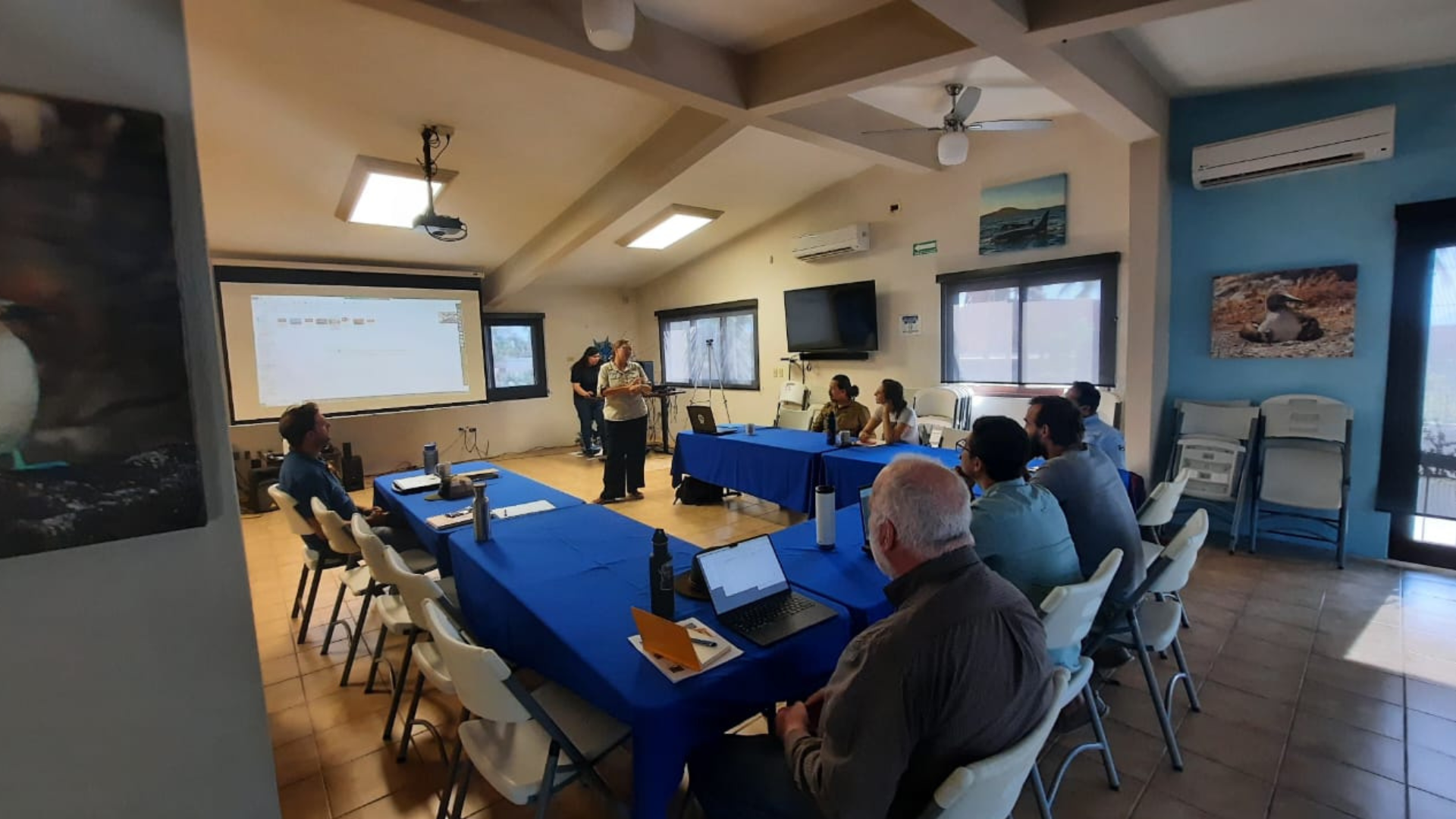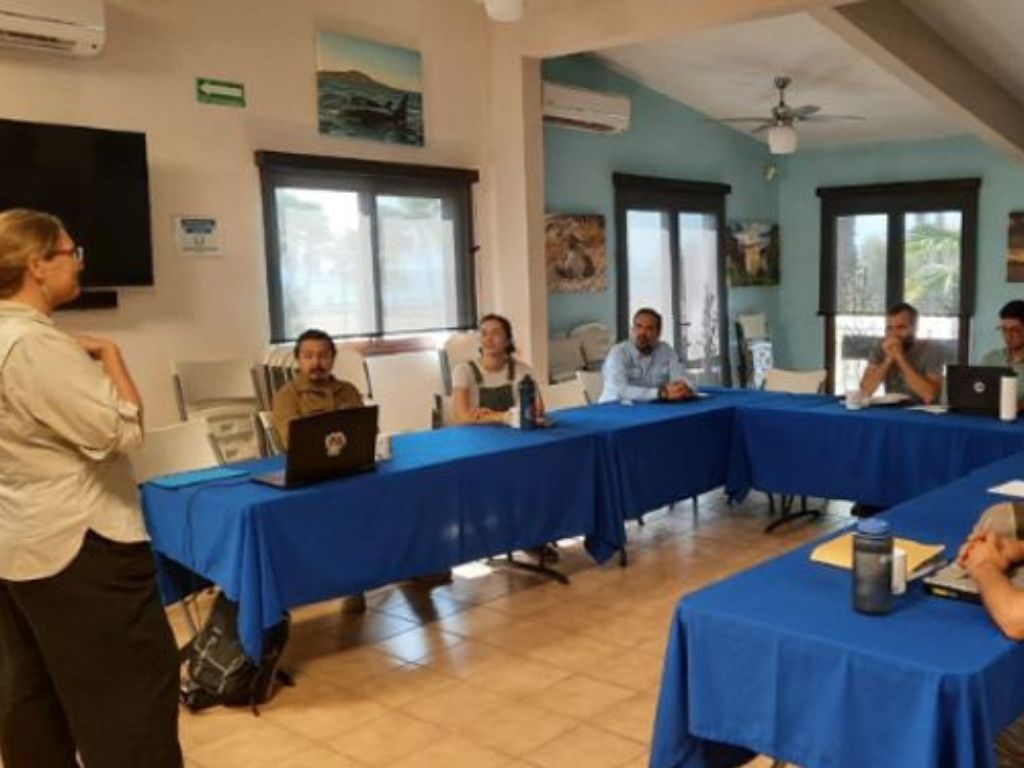For two days full of enthusiasm and collaboration, representatives from field stations and civil society organizations met in the picturesque city of Loreto, Baja California Sur. The main objective of this meeting, which combined face-to-face and virtual meetings, was to explore the work and experiences of each of the field stations with a view to establishing collaborative links to achieve a significant regional impact.
Clear objectives for a sustainable future
The general purpose of this event was to bring together leaders from the main field stations of the Baja California peninsula and adjacent areas. The goal was to share experiences and lay the groundwork for joint collaboration in the short and medium term. Specific objectives included detailed knowledge of each station, identification of challenges and successes, creation of a Baja California Peninsula Field Station Network, and discussion of the feasibility of establishing a peninsula-wide Natural Sciences Program.
Enriching presentations and international collaboration
According to the agenda of the event, each organization and field station made detailed presentations, highlighting aspects such as their location, mission, vision, challenges and most relevant achievements. In addition, two special guests contributed their expertise to the workshop. On the first day, Samuel Seaman, PhD., from Pepperdine University, shared his knowledge in statistics and data analysis, offering his help for the development of capacity building activities. On the second day, there was a virtual participation of the OBFS - Organization for Biological Field Stations, where programs and resources available to support other field stations were presented.

Identification of areas of collaboration and concrete results.
During the workshop, strategic guidelines were identified for joint collaboration in areas such as endangered species conservation, social success stories in conservation, Ramsar sites, and physical processes such as sedimentation and erosion. In addition, resources of interest such as DataMares, Next Generation of Sonoran Desert Researchers and the Gulf of California Science Alliance were highlighted. As concrete results, the formation of the UNEC - Northwest Union of Field Stations network was achieved, the domain unec.mx.org was acquired to create a space for dissemination and the mission of the UNEC was defined.

Acknowledgments
The success of this workshop would not have been possible without the financial support of the Jiji Foundation and the collaboration of Eco-Alianza de Loreto, who provided the space for the event.

